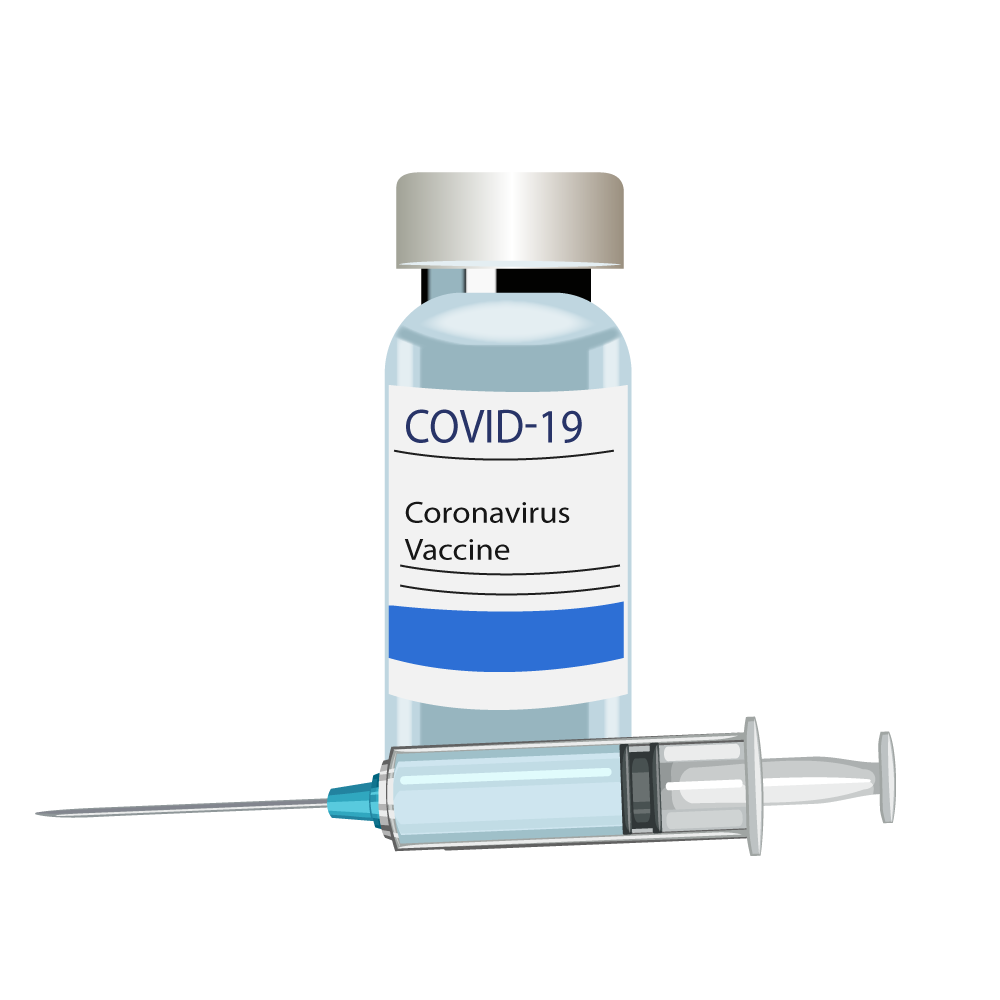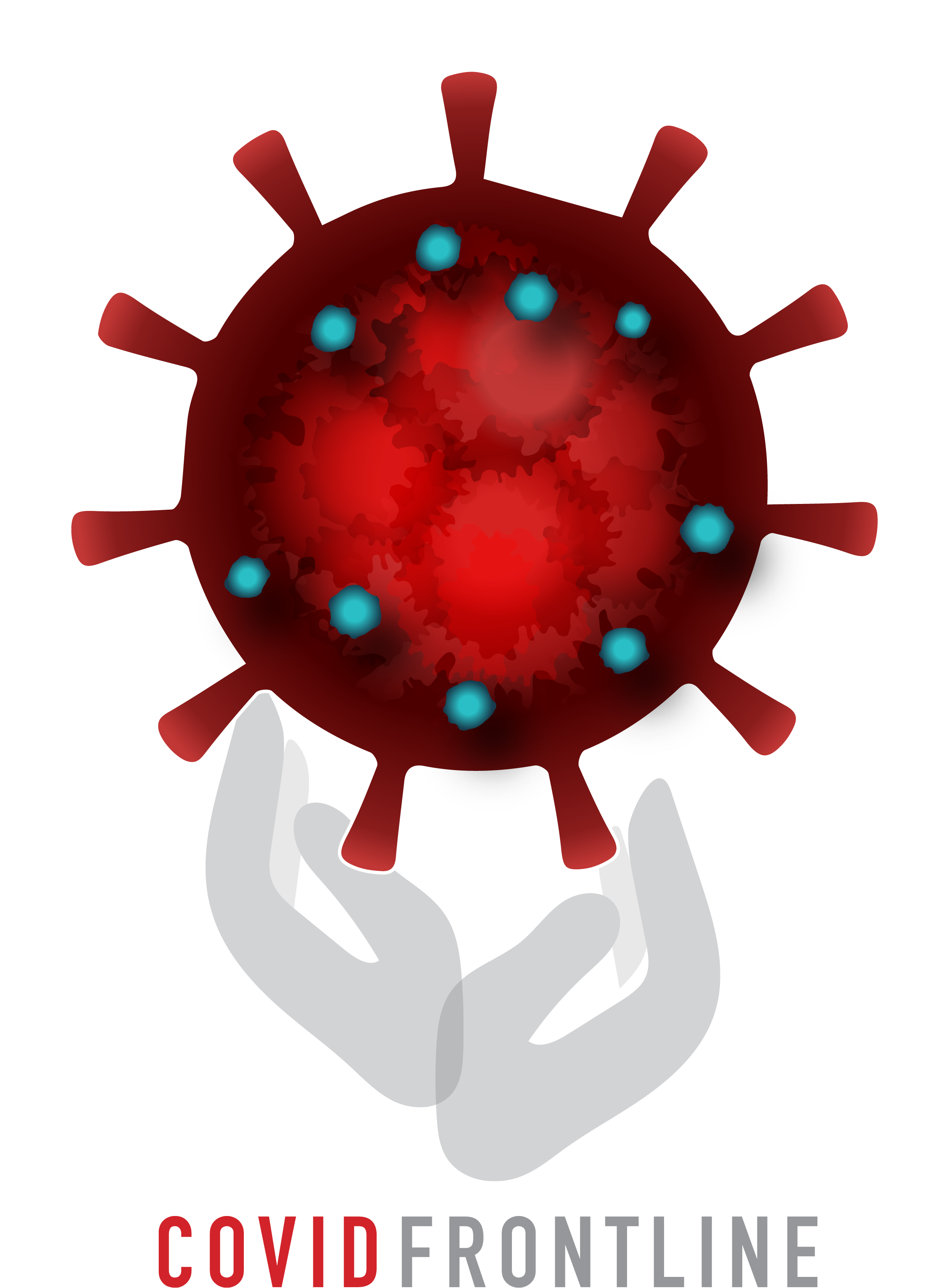The SARS-CoV-2 Delta variant (B.1.617.2) that first emerged in India is now the most prevalent Variant of Concern (VOC) in the United Kingdom1 and has been detected in almost 10% of all infections in the United States.2 Delta appears to be more transmissible than the Alpha variant (B.1.1.7)1 and carries mutations L452R and K478T in the receptor-binding domain of the spike protein.3 Laboratory studies indicate that monoclonal antibody treatments with Emergency Use Authorization (EUA) may be less effective against variants with these mutations.4,5
Studies of the B.1.427/B1.1.429 variants that were first identified in California and that also carry the L452R mutation show 4.0 to 6.7-fold and 2.0-fold decreases in neutralization titers from convalescent plasma and vaccine recipients, respectively. 6 Extrapolation of these results to the effect of the L452R mutation of the Delta variant indicates a corresponding potential reduction in neutralization.


Recent studies exposing Delta variants to neutralizing antibodies from vaccinated people report a 1.34-fold lower vaccine effectiveness between 4 and 10 weeks after the first dose.7 Fortunately, the Public Health England reports that vaccines are highly effective against this VOC two weeks after the second dose. The Pfizer-BioNTech vaccine and the AstraZeneca vaccine retain 88% and 60% effectiveness compared with 93% and 66% efficacy, respectively, against the alpha (B.1.1.7) variant.8
Vaccine and convalescent sera show 2.7-fold less effectiveness against Delta compared with earlier strains, suggesting that people who were previously infected with other variants may be at risk for reinfection by Delta.7 Neutralization studies of monoclonal antibodies with EUA show potent activity against the Delta variant except for single-agent bamlanivimab, which had no effect and is consistent with observations of single-agent monoclonal antibody therapy against other VOCs.
References
- Allen H, Vusirikala A, Flannagan J, et al. Increased household transmission of COVID-19 cases associated with SARS-CoV-2 Variant of Concern B.2.617.2: a national case-control study. Public Health England. 2021.
- Centers for Disease Control (CDC). COVID data tracker (https://covid.cdc.gov/covid-data-tracker/#variant-proportions). Accessed 6/21/2021.
- CDC. COVID-19 variant classifications (www.cdc.gov/coronavirus/2019-ncov/variants/variant-info.html). Accessed 6/21/2021.
- Food and Drug Administration (FDA). Fact sheet for health care providers Emergency Use Authorization (EUA) of bamlanivimab and etesevimab. (www.fda.gov/media/145802/download). Accessed June 21, 2021.
- FDA. Fact sheet for health care providers Emergency Use Authorization (EUA) of REGEN-COV (casirivimab and imdevimab). (www.fda.gov/media/145611/download) Accessed 6/21/2021.
- Deng X, Garcia-Knight MA, Khalid MM, et al. Transmission, infectivity, and antibody neutralization of an emerging SARS-CoV-2 variant in California carrying a L452R spike protein mutation. medRxiv. 2021.
- Liu C, Ginn HM, Dejnirattisai W, et al. Reduced neutralization of SARS-CoV-2 B.1.617 by vaccine and convalescent serum. Cell. In Press, Journal Pre-proof.
- Public Health England (PHE). Vaccines highly effective against B.1.617.2 variant after 2 doses. (www.gov.uk/government/news/vaccines-highly-effective-against-b-1-617-2-variant-after-2-doses). Accessed 6/21/2021.

